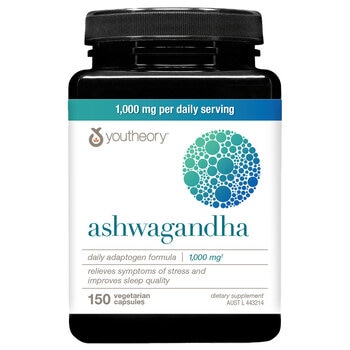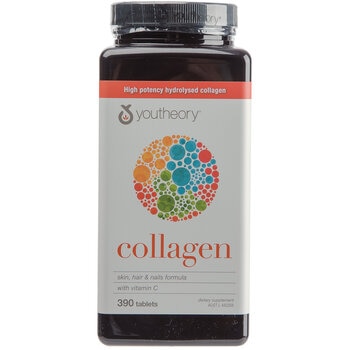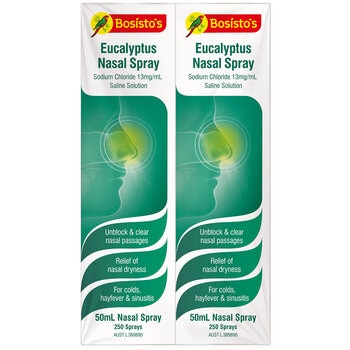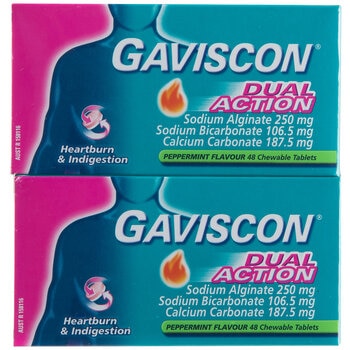Simple things you can do to take control of your period symptoms.
For too long, we have suffered through menstrual cycles in silence. Finally, however, things are starting to change. Society is beginning to recognise the significant impact period symptoms can have, and we are seeing an increase in services and products available to support this. Recent research from the University of Virginia School of Medicine tells us almost 90 percent of people experience noticeable symptoms related to their periods.
Half of those people report needing to take days off due to these symptoms. That equates to about 135 million people worldwide missing commitments daily due to their period. Clearly, it’s a huge issue. Let’s look at some of the most common period-related symptoms and the simple measures you can take to help reduce them.
Take control of your pain
Studies show four out of five people experience pain during their menstrual cycle. Mild to moderate pain can be managed with hot water bottles (heat is a muscle relaxant that works wonders for cramping pain), over-the-counter painkillers and anti-cramp medications.
Time to clarify a popular misconception: period pain should not be debilitating. Discuss pain that isn’t relieved by these simple measures with a doctor.
Minimise bloating
Bloating is common leading up to and during a person’s period, thanks to our old friend, progesterone. The best way to manage this is with simple lifestyle measures – avoiding salty and processed foods, reducing alcohol and upping the water intake. Magnesium, peppermint and ginger can also help.
“While periods are many things, shameful is not one of them. You no longer need to suffer in silence.”
Reduce fatigue
Period fatigue is real! You can improve energy by focusing on getting a good night’s sleep and looking at what you eat. Your period might have you craving chocolate and hot chips, but what you really need is plenty of nutrient-dense foods – lots of vitamins B and C, iron, magnesium, zinc and iodine.
Also, as much as you want to snuggle up on the couch, exercise is the best energy booster. A common myth is that you should avoid exercise when you’re menstruating. This is just that, a myth.
Exercise is safe and, in fact, beneficial. It not only boosts energy, but can reduce bloating and improve mood. However, if you are struggling to get out of bed or feeling like you need to nod off at work, you should speak with a doctor to ensure there are no other reasons for your tiredness.
Manage mood changes
Research shows three out of four people experience mood changes leading up to a period. So, while they are common, hormone-related mood changes can also be very complex. You can manage mild mood changes with all those lifestyle measures you have heard before; fresh air, movement, reducing alcohol and caffeine, eating well and focusing on sleep.
Meditation and yoga are great if you feel wound up or anxious. For some people, however, these mood changes can be so severe that they impact work or relationships. In this case, I always recommend speaking to a doctor to discuss individualised treatment options.
Remember that while periods are many things, shameful is not one of them. You no longer need to suffer in silence.
The facts
- On any given day, around 300 million people worldwide are menstruating.
- 90% of people experience symptoms related to their periods.
- Three out of four people feel stigma and shame surrounding their periods to the extent that they avoid seeking help to manage their symptoms.
- The only way to reduce this stigma is to improve education around menstrual health, not just for those who menstruate, but for society.
Dr Michela Sorensen
Dr Michela Sorensen is a GP specialising in women’s, mental and rural health. She is an ambassador for the Jodi Lee Foundation.











